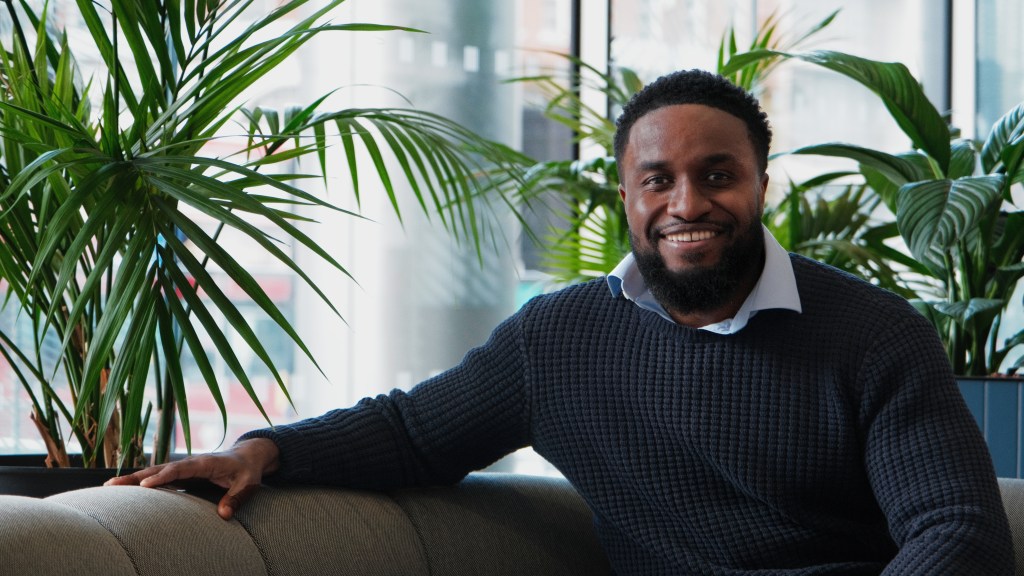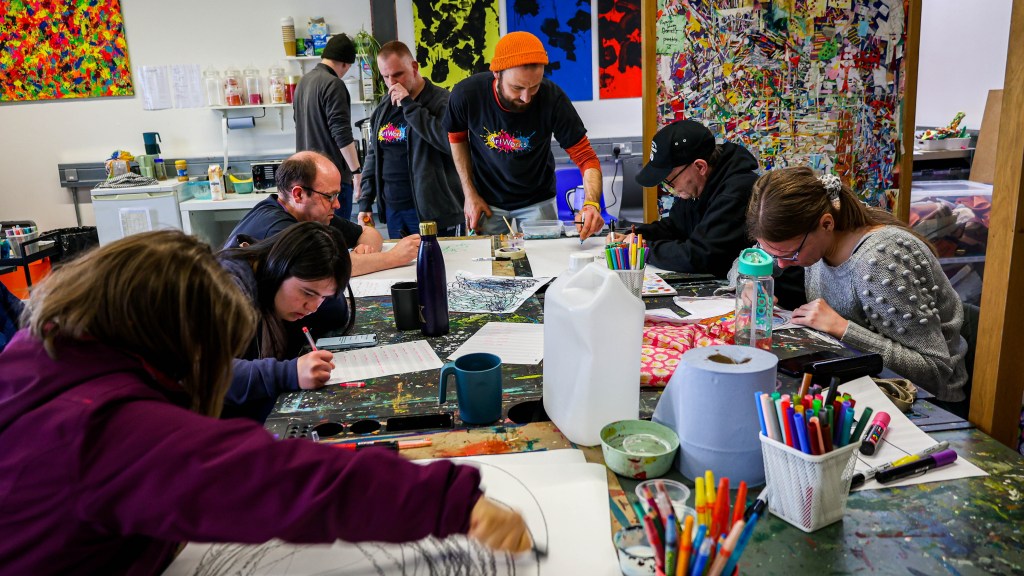Lessons Learned in Transforming an Idea into a Business
Nnamdi Emelifeonwu, 38, is the co-founder and CEO of Definely, a company he launched in 2017 to create productivity software tailored for legal professionals. Originally from Nigeria, he relocated to London with his family in 1993, the same year that marked the tragic murder of Stephen Lawrence. This incident motivated Emelifeonwu to pursue a career in law, eventually securing a training contract with the City law firm Freshfields.
In the legal industry, contracts can be extensive, often spanning hundreds of pages with numerous interrelated clauses. While lawyers previously relied on workarounds, Emelifeonwu recognized an opportunity to develop software that not only assisted his visually impaired colleague and co-founder Feargus MacDaeid but also enhanced overall efficiency for legal practitioners. With funding of $10 million from various investors, including Octopus Ventures, Definely has now grown to a team of 80 employees.
Overcoming Early Challenges
Emelifeonwu initially had a vague concept of establishing his own business; the specifics were unclear, but he was determined not to spend his entire career as a lawyer. After validating his idea through discussions and a proof of concept, he excitedly decided to bring his vision to life. Leaving Freshfields in September 2017 at 31 years old, he believed he had enough savings to support himself for six months. He creatively negotiated the use of a basement office, returning to his old workplace as an ‘entrepreneur’, under the impression that he could easily navigate this new path. However, the reality proved more complex.
In those early months, Emelifeonwu struggled to define his next steps, exhausting his savings within two months to continue product development with hired software developers. The costs were substantial, and soon he found himself without financial resources, facing challenges as developers indicated that certain tasks were unfeasible. Frustrated, he wished they had communicated this earlier before he left his secure job.
After living in a City apartment, Emelifeonwu moved back in with his parents, enduring 28 months without a salary. He significantly downsized his lifestyle, focusing solely on his business aspirations, with little time or money for leisure activities. He felt isolated, lacking access to support networks that could guide him through the entrepreneurial journey.
The chance invitation to a funding event eventually introduced him to the world of angel investment and led to his first round of £150,000 in 2018, primarily used for research and development.
Financial Struggles and Networking
During tough times, he supplemented his income by assisting a friend with property management, earning £200 monthly. The first fundraising round was fully allocated for R&D, and it wasn’t until his second fundraising event in 2020—raising £1 million—that he began to pay himself a salary.
Seeking Investors the Right Way
To conduct the fundraising process effectively, Emelifeonwu shared his business proposal on platforms like AngelList, which garnered interest from a few potential investors. One particularly involved investor requested extensive revisions to the business plan and sought an additional stake for his advisory role, prompting Emelifeonwu to reconsider the partnership. Despite the financial strain at the time, he made the difficult choice not to proceed with that investor, realizing it would not be a fit.
Being backed into a financial corner motivated Emelifeonwu to reach out to his contacts at Freshfields. With a simple email to partners in his network, one responded almost immediately, offering the funds he needed—this experience highlighted the importance of leveraging connections and not hesitating to seek help.
Reflections on Leaving Freshfields
Although a legal career offers a clear trajectory and predictable earnings over time, this did not dissuade Emelifeonwu from pursuing his entrepreneurial aspirations. He felt he was ‘young enough’ to take risks, believing that if it all failed, he could still return to law. In hindsight, he acknowledges that getting back into law might not have been feasible if his venture didn’t succeed, but at that moment, the desire to try something different outweighed his fears.
The Current State of Definely
Today, Definely is experiencing significant growth, expanding its workforce to 80 employees with plans to surpass 100 shortly. The company serves over 100 clients, including notable law firms such as A&O Shearman and Slaughter and May alongside major corporations like BT, Ikea, and JP Morgan. There are also plans to expand into the US market.
A Journey to Success
Emelifeonwu emphasizes that success does not come overnight—after seven years, he believes that any timeline for achieving business goals should be extended by five years, as the entrepreneurial process is often longer than anticipated. He reflects on his early days of solitude in his office, feeling a sense of humility as he interviews new candidates who wish to join him on this journey.
Nnamdi Emelifeonwu shared his experiences with Richard Tyler, editor of The Times Entrepreneurs Network.




Post Comment